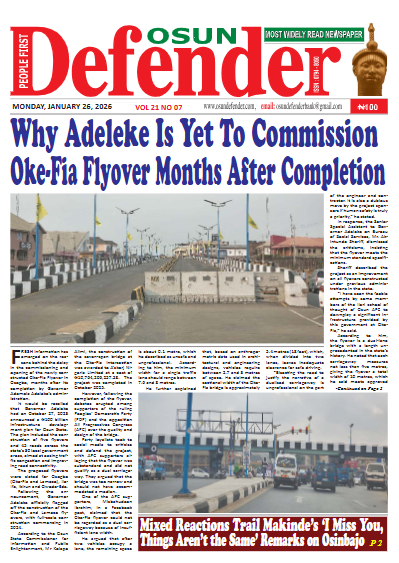Atiku, PDP Wants Supreme Court To Enable Access To INEC Server

Presidential candidate of the Peoples Democratic Party (PDP) in the last general elections, Atiku Abubakar and his party have approached the Supreme Court to grant them access to a supposed server purportedly used to transmit election results by the Independent National Electoral Commission (INEC).
The Presidential Election Petition Tribunal (PEPT) in a ruling on June 24, 2019 had rejected a similar request they made in a motion on notice that was dismissed, a decision Atiku and the PDP have now appealed before the Supreme Court via a notice of appeal filed on June 26, 2019.
Atiku and his party want the Supreme Court to allow their appeal and set aside the June 24, 2019 ruling of the PEPT.
In rejecting the application, the PEPT had held, among others that granting their request would amount to pre-judging the issue in the substantive case, which is whether or not INEC has a central server, which it deployed for the purpose of transmitting results during the last presidential election.
The PEPT was of the view that granting the reliefs sought by Atiku and the PDP at the pre-hearing stage, when parties have joined issues on the dispute over the existence and use of a central server, would amount to agreeing with the petitioners (Atiku and the PDP) that a INEC had a central server which it deployed to transmit results during the election.
The preponderance of the claim by Atiku and his party is to the effect that they won the last presidential election going by the results they claimed to have got from the said central server allegedly owned and deployed for the election by INEC.
In the notice of appeal which The Nation sighted in Abuja yesterday, Atiku and the PDP are attacking the tribunal’s ruling on four grounds, the first being that the PEPT was in error when “contrary to the provisions of Section 151 (l) of the Electoral Act 2010 (as amended) they refused to grant the application of the Appellants on the ground that it will amount to pre-judging the issue in the substantive case.”
They argued that their application was legitimately brought within the confines of Section 151(1) of the Electoral Act,’2010 (as amended), which allows for an order for an inspection of a polling document or any other packet in the custody of the Chief National Electoral Commissioner or any other Officer of the commission for purpose of, inter alia, maintaining the election petition.
The appellants argued that their request was simply to be allowed to access and inspect “the information stored in the database packets in the 1st respondent’s (INEC’s) central server, such that all the parties were to be given an opportunity to participate in the inspection.”
On the second ground, they argued that the tribunal was in error when it failed to exercise its discretion in their favour despite placing sufficient materials placed before it.
They added that the Justices of the tribunal did not exercise their discretion judicially and judiciously on the basis of the materials they (Atiku and the PDP) placed before them.
On the third ground, Atiku and the PDP faulted the tribunal for allegedly denying them “fair hearing in gross violation of Section 36(1) of the Constitution of the Federal Republic of Nigeria, 1999 (as amended), by declining to grant the application of the appellants for access to information in the 1st respondent’s custody thereby undermining the maintenance of the petition.”
On the fourth ground, the appellants argued that the Justices of the tribunal “erred in law when they failed to consider the uncontroverted evidence of the appellants contained in their further affidavit in support of their application for access and inspection of information in the custody of the 1st respondent.”









